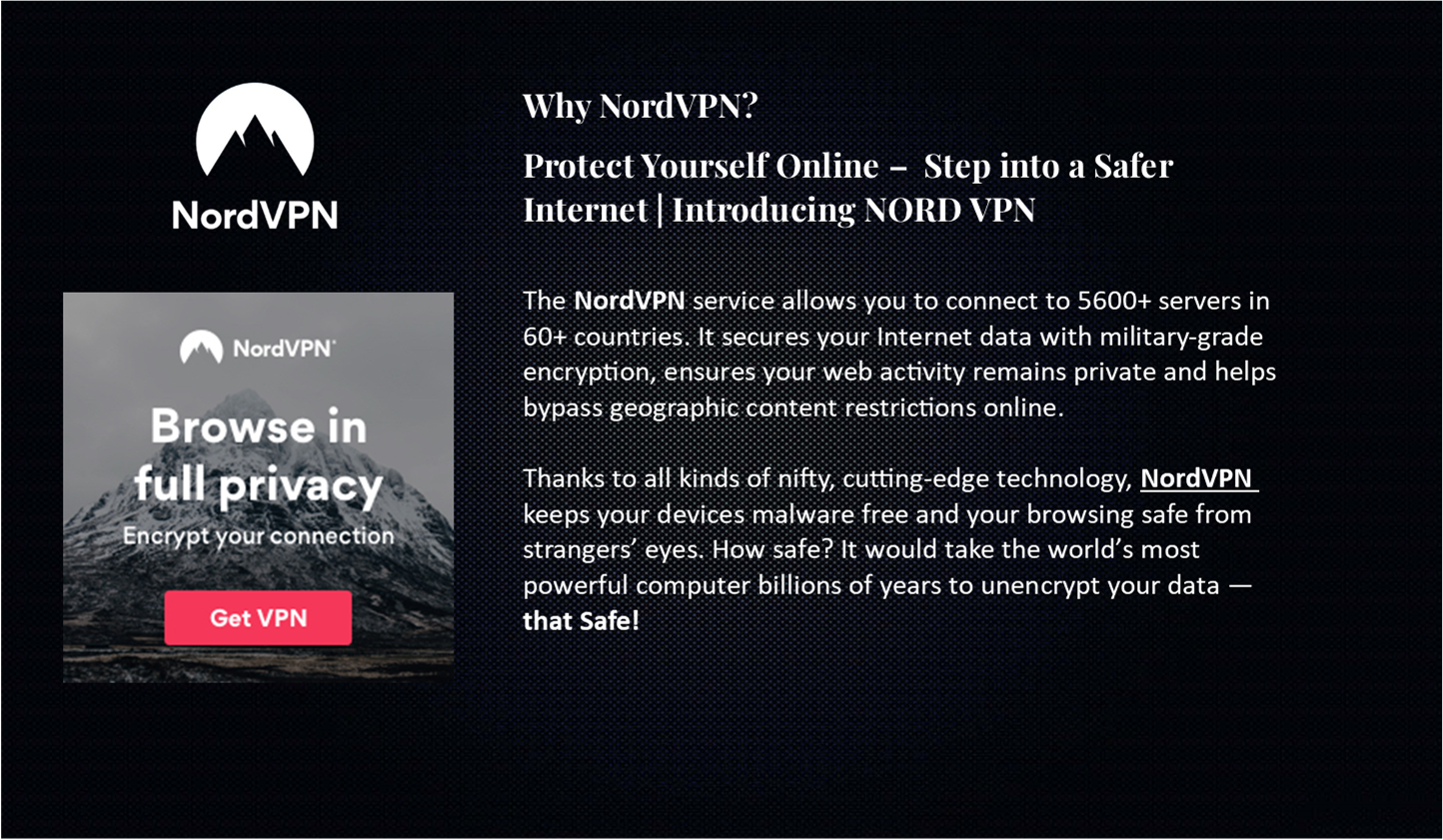
VPN: Understanding VPNs and Their Importance for SMEs
A VPN or Virtual Private Network is a technology that allows users to create a secure, encrypted connection over a less secure network, such as the internet.
Introduction
By encrypting internet traffic and masking a user’s IP address, a VPN enhances online privacy and security. This capability is increasingly significant for small and medium-sized enterprises (SMEs), particularly as remote work becomes more prevalent. With the flexibility of remote working arrangements, SMEs are recognising the necessity of securing their digital operations to prevent data breaches and cyberattacks.
The growing reliance on VPNs is not only a response to the rise in remote work but also a proactive measure to protect sensitive business information. For instance, a company operating from multiple locations may utilise a VPN to ensure that all employees, whether in the office or working remotely, can access the same secure network without compromising data integrity. Additionally, VPNs can prevent internet service providers from throttling bandwidth, which is crucial for maintaining stable and fast connections during business operations.
How a VPN Protects Your Digital Environment
VPNs provide a secure communication channel that protects sensitive data from cyber threats, particularly when accessed over public Wi-Fi networks. Given that many employees may connect to unsecured networks while working remotely, the risk of data interception increases significantly. A VPN mitigates this risk by encrypting data, making it virtually impossible for hackers to access information during transmission.
Furthermore, VPNs anonymise users by masking their IP addresses, which is essential for maintaining privacy and protecting against tracking by third parties. For instance, a business employee accessing confidential company files through a public Wi-Fi hotspot is significantly more secure when using a VPN, as it safeguards against potential man-in-the-middle attacks. Moreover, pairing a VPN with multi-factor authentication can significantly bolster security, providing an additional layer of protection for sensitive data.
The Need for a VPN in SMEs
The urgency for SMEs to adopt VPNs is underscored by the alarming statistic that approximately 40% of cyberattacks target small businesses, often due to inadequate security measures. With the rise of sophisticated cyber threats, businesses that handle sensitive information or have remote employees should seriously consider implementing a VPN to enhance their security posture. The risk is compounded for businesses that rely on self-managed VPNs which have been associated with a 3.7 times higher likelihood of ransomware claims compared to those that do not use a VPN.
Additionally, adopting a VPN can help SMEs comply with data protection regulations, such as the General Data Protection Regulation (GDPR). Such compliance is not merely a legal obligation ,but also a means to build customer trust. For example, a small financial consultancy that implements a VPN can assure clients that their financial data is secure, thus enhancing their reputation in a competitive market. Given that 74 VPN-related vulnerabilities were disclosed as of October 2023, it is clear that robust VPN solutions are essential for safeguarding against evolving cyber threats.
Installation and Hardware Considerations
One of the appealing aspects of VPN services is that most do not require new hardware, allowing SMEs to utilise existing devices with minimal configuration. Many modern VPN solutions integrate seamlessly with current security software, eliminating the need for separate management systems. This ease of integration is particularly beneficial for smaller businesses that may not have extensive IT resources.
Moreover, many VPN providers offer user-friendly applications or browser extensions, making the installation process straightforward for employees. Regular updates and patches are crucial for maintaining the security of the VPN; outdated systems can leave businesses vulnerable to attacks. Therefore, SMEs must ensure that their chosen VPN provider commits to regular updates, further reinforcing their cybersecurity measures.
Cost of VPN Services
When it comes to costs, paid VPN services typically range below £150 per year, providing robust encryption and security features that often outstrip those of free options. This investment is not only justified by the enhanced security but also by the potential long-term cost savings associated with reduced risks of data breaches and Cyberattacks.
Moreover, many VPN providers offer tiered pricing plans, allowing businesses to select a service that aligns with their size and specific needs. Given the potential financial implications of a data breach, which can far exceed the annual cost of a reliable VPN service, investing in a VPN is a prudent decision for SMEs looking to safeguard their operations.
Choosing the Right VPN for Your SME
Selecting the right VPN for an SME involves careful consideration of several factors, including security audits, clear privacy policies, and scalability. As businesses grow, their needs may evolve, and the chosen VPN should be able to accommodate this growth. Compatibility with existing IT infrastructure and compliance with industry standards is also critical to ensure seamless integration.
Effective customer support can be invaluable, especially when technical issues arise. Ultimately, SMEs should choose a VPN solution that not only meets their immediate security needs but also positions them for future growth and resilience.
The Strategic Value of VPNs for SMEs
Implementing a VPN is a proactive measure that significantly enhances cybersecurity for SMEs, particularly as the landscape of cyber threats continues to expand. Furthermore, not only does a VPN protect sensitive data, but it also fosters client trust by assuring them that their information is secure during transactions.
Integrating a VPN into a broader cybersecurity strategy can improve overall resilience against cyberattacks. For example, businesses can leverage VPN technology to facilitate secure collaboration among remote teams, ensuring that productivity is maintained without compromising security. By recognising the strategic value of VPNs, SMEs can better navigate the complexities of today’s digital environment while safeguarding their assets and reputation.



















